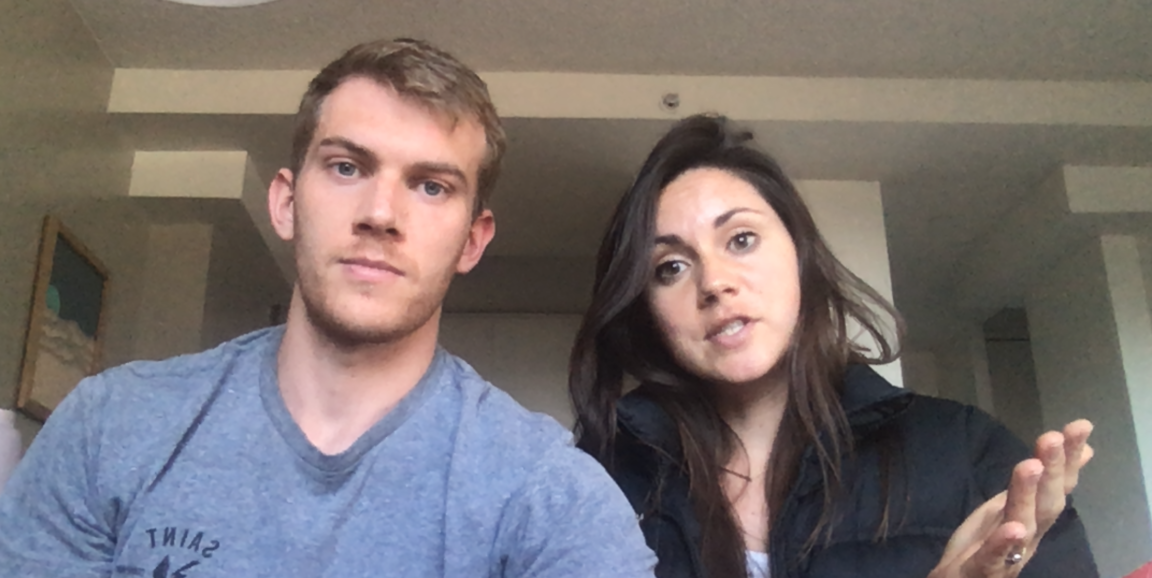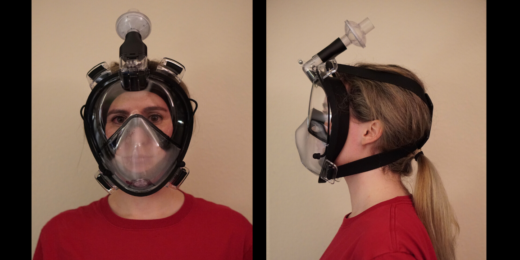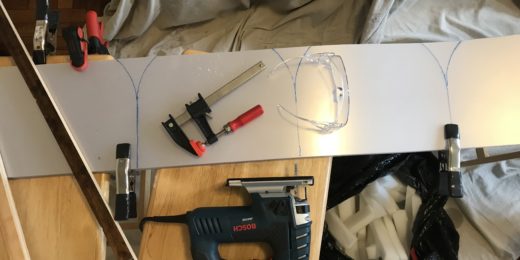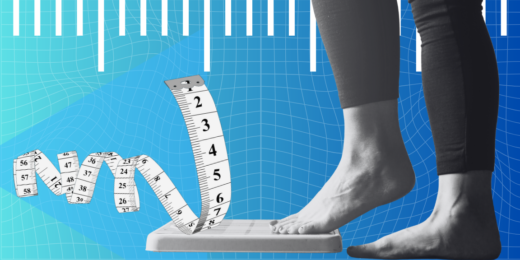The homeless people trudged up a hill from their woodland campground in San Jose, a few at a time, to learn about a virus that has spooked us all.
They asked questions about COVID-19 and learned about the basics from two Stanford medical students, who appeared via Zoom on a screen affixed to the side of a mobile van.
"How long have you known about this virus?" one man repeatedly asked.
Since December, when it first crossed the ocean from China to the United States, fourth-year student Jake Mooney replied from his apartment on the Stanford campus.
"But it's been around a long time - since the 1960s," another man insisted.
It's true that it's from a family of viruses that have been around for a while, but this one is a newer version, Mooney explained.
Mooney, along with fellow medical student Emmy Shearer, took the time because they felt strongly about helping the homeless in this time of crisis, they told me. While everyone is suffering under the strain of the coronavirus pandemic, the challenges are magnified for homeless people, Shearer said. They can't follow recommended practices of regular handwashing and face protection, because they usually don't have access to running water. They can't shelter in place. They are vulnerable and terrified of dying of COVID-19, she told me.
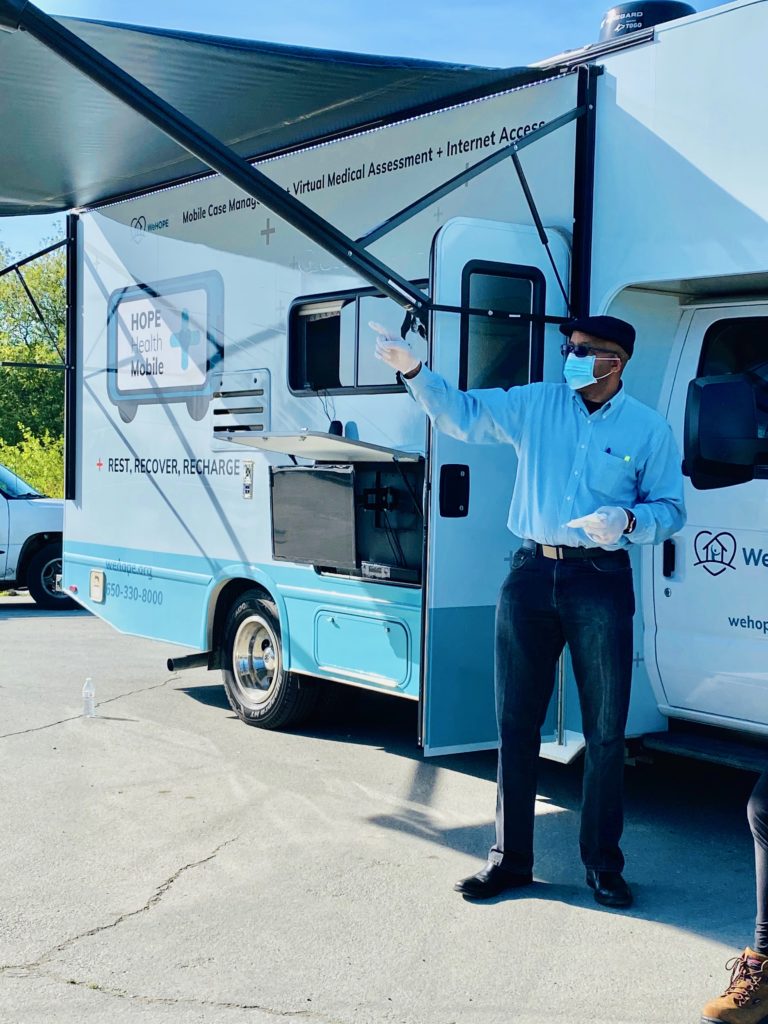
"This population very much feels left out of what is going on. They are scared. They say, 'No one is looking out for us. We are going to die here,'" said Shearer, a fourth-year medical student who has taken a leave of absence during the pandemic. "I think it's important for these people to feel like someone is there for them."
Mooney, Shearer and fourth-year student Natasha Abadilla have teamed up with the East Palo Alto nonprofit WeHOPE, which serves homeless people in four Bay Area counties, to help calm some of those fears and provide reassurance and reliable information through a coronavirus educational outreach program. Using the Zoom video conferencing platform, the students interact with homeless people through a TV screen on the side of the nonprofit's new RV, christened the HopeMobile.
They launched the project on April 3 at a San Jose encampment off Oakland Road, and expect to lead informational sessions every Friday at various homeless sites in Santa Clara and San Mateo counties.
Before the COVID-19 pandemic, Shearer had been volunteering with WeHOPE, teaching a health literacy class at the nonprofit's East Palo Alto shelter. After the pandemic struck, she offered to take the educational program on the road, with a focus on the coronavirus.
During the inaugural session at a camp that is home to 43 people, Mooney described some of the early symptoms of the disease, such as cough, fever and shortness of breath, and encouraged residents to go to a hospital emergency department if they develop signs of infection. Despite some skepticism from his audience, he reassured them they would receive medical care, just like those who have roofs over their heads.
"I think there is a distrust that they are going to get equal and fair treatment -- that the same resources are going to be available to them that are available to those with health insurance," he told me.
The medical students also assured the residents that if they meet certain criteria, they can be tested for the virus.
"I think there is a sense that only 'important' people get tested," Shearer said. "But in the Bay Area, our hospitals have a strict set of criteria for testing, and it doesn't matter who you are."
During the session, the medical students told their audience that, for the vast majority of people who get COVID-19, the disease is mild. "Most people who get it will be OK," Mooney told the group. "The younger and healthier people will do better. The key is to delay when people get it, so they don't get infected all at once. That will help relieve the burden on the health care system."
At the end of the 45-minute session, one of the audience members thanked the students, saying his children had been born at Stanford. "I appreciate it," he said. "You guys do good work out there."
In addition to the educational program, the WeHOPE staff handed out bagged meals and offered showers and laundry facilities in the group's regular mobile van, known as Dignity on Wheels. The nonprofit also has been bringing handwashing stations to homeless people and providing them with face masks.
Top photo courtesy of Jake Mooney and Emmy Shearer. Middle photo of Pastor Paul Baines, founder of WeHOPE, by Ruthann Richter


